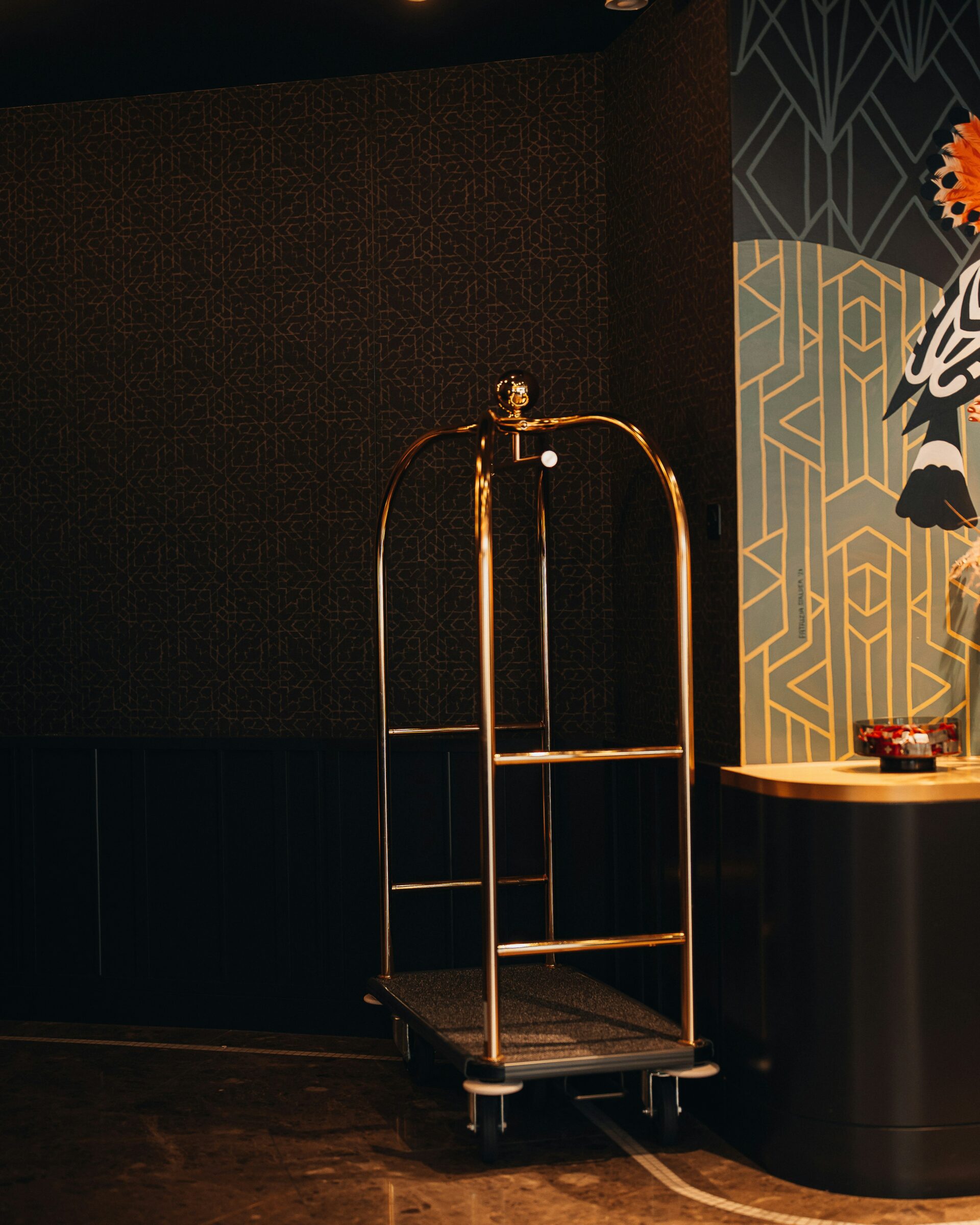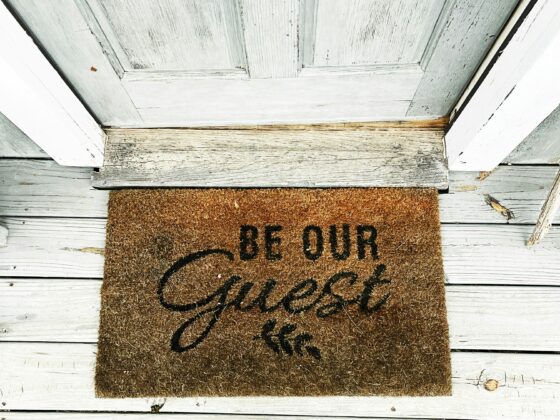
During the Cayuga Hospitality Consultants Annual Conference 2025 in Scottsdale, Rick Blackburn, Founder of brn solutions and Cayuga Hospitality Consultant moderated these exceptional panelists:
State of the Hotel Industry & Commercial Strategy
Q: Commercial teams are under pressure with rising costs, cautious demand, and owners expecting financial results. What feels most different about running sales, marketing, and revenue management today compared to pre-pandemic?
Lance:
- Commercial strategy now demands greater agility. Pre-pandemic, long-term plans ruled, but now frequent pivots in campaigns and spend are required to address sudden shifts in demand, costs, and guest sentiment.
- Owners and asset managers expect rapid, measurable ROI. Digital marketing is expected to tie more closely to direct revenue, shifting from “brand building” to “booking conversion.”
- Customer behaviors have changed – guests increasingly research via mobile and expect frictionless online experiences, making omnichannel optimization and speed-to-market non-negotiable.
Wendy:
- The most difficult issues facing the revenue discipline since COVID is that history is not repeating itself. Previously we saw a lot more trends.
- In today’s market, it’s all about adaptability to changing market conditions and customer expectations. Technology is moving at enormous speed, and understanding customer and traveler experiences to incorporate a personalized experience for effective strategies is vitally important.
Shifts in Traveler and Consumer Behavior
Q: Given the evolving expectations of today’s leisure traveler, what are you doing differently to capture the demand?
Kristina:
- Leisure guests are more value-conscious than ever. To capture this segment, hotels must go beyond discounts — crafting creative packages, thoughtful inclusions, and memorable experiences that foster lasting loyalty and drive brand-direct bookings.
Wendy:
- This is similar to the onset of the OTA’s, but now it is AI-powered trip planning. This will entirely change the face of distribution, rate parity, etc. because it is so personalized.
- Cost of sales and determining the best ways to connect and distribute to the B2B market through the lowest cost channels is critical. Brands simply cannot connect to every client. It’s imperative to choose your clients well, and then be “all in” on the partnership.
Technology and AI in Hotel Sales, Marketing and Revenue Management
Q: AI tools are changing the way we analyze data, personalize outreach, and even write content. Where are you seeing the most practical, real-world applications of AI across hotel sales, marketing, and revenue management?
Lance:
- In marketing, AI tools can automate nearly everything from dynamic pricing adjustments to optimizing ad spend, generating personalized email content, and even analyzing guest feedback for operational improvements.
- From a management-company perspective, I feel most brands have not rolled out these types of tools, and that creates roadblocks for doing it at scale.
- Chatbots and AI-based recommendation engines now guide guests through booking, upselling local experiences or room upgrades, and addressing FAQs, reducing staff workload and boosting conversion rates.
- Predictive analytics powered by AI inform cross-team strategies by combining market data, historical booking patterns, and digital engagement signals to forecast demand and identify new revenue opportunities.
F&B, Catering, and Banquets
Q: Revenue management has traditionally focused on rooms. How are you applying data-driven practices to catering, banquets, and F&B pricing strategies?
Kristina:
-
Total hotel revenue management extends past guestrooms. Reimagine underutilized spaces such as parking lots, meeting rooms, or lobby areas as income-generating assets. Opportunities include overflow storage for local businesses, bridal prep suites, and pop-up food truck pods.
- Move away from static banquet and catering pricing models. Adopt demand-based strategies that reflect seasonality and day-of-week variations. (i.e. Saturday vs. Wednesday or January vs. August to maximize profitability and align with current market trends)
Looking Forward
Q: What skills will the next generation of commercial leaders need that weren’t as important pre-pandemic?
Lance:
- “Digital fluency” – understanding and using data analytics, AI tools, and emerging channels is essential for leaders who want to drive real commercial impact.
- Comfort with rapid iteration and risk: Today’s leaders need the ability to test, learn, and pivot quickly based on market feedback.
- Strong cross-functional communication skills: Commercial leaders must bridge departments, break down silos, and align strategies across revenue management, marketing, and sales – often virtually.
- Emotional intelligence: Especially in digital-first environments, helps build trust and loyalty with both internal teams and guests navigating uncertainty.
Wendy:
- Resilience and crisis management: Leaders must be able to guide their teams through constant uncertainty while maintaining morale and performance.
- Agility: Be able to pivot strategies more quickly than ever.
- Empathy and compassion: Stay in tune with your teams through transitional times.
- How you think about technology platforms and integrating them into your existing ecosystem is mission critical.










